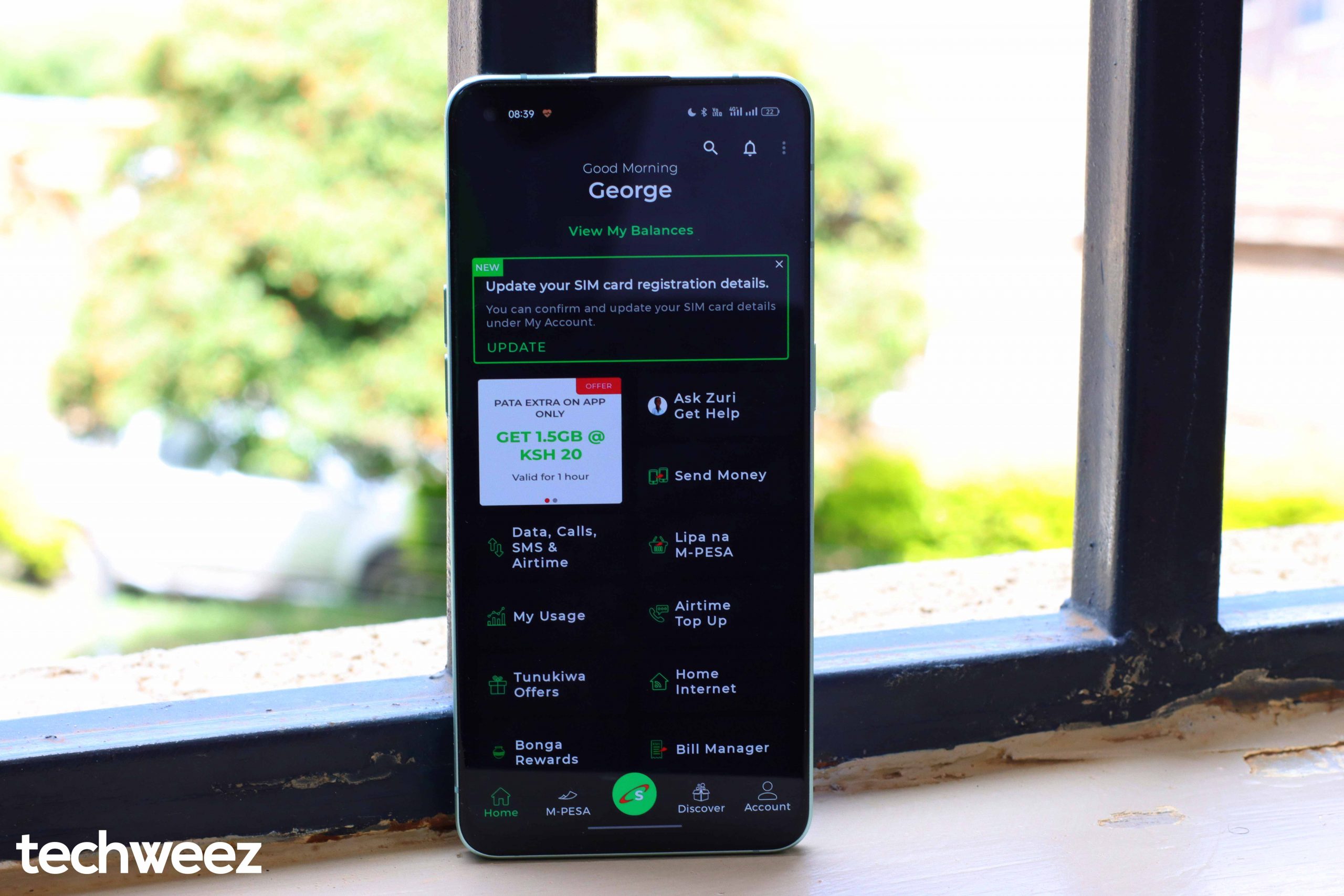The other day, we learned that telco Safaricom has revised its overdraft facility’s terms and conditions that will be effective from November 14, 2021.
The development has sparked vast discussions as to what motivated the changes, most of which are largely stringent and seek to see that users do not default to the facility.
The story, which we covered here, highlights the weight of the changes: that Fuliza will actually hold funds held in other wallets/accounts in case a customer defaults the overdraft.
Just as a reminder, you default Fuliza if you do not clear it for thirty days or more after using the facility. There are other cases of defaulting, including exceeding your overdraw limit, or if you are convicted under any criminal law in force related to the use of the services or any other related services.
To reiterate from what you have likely read, Fuliza says that it will hold funds standing in credit with KCB or NCBA as collateral and security for any amounts outstanding and due from you in respect to the service.
So, what does this language mean specifically?
Well, several issues have been raised as to what actually the terms and conditions imply for people who bank with KCB and NCBA – both of which own Fuliza alongside Safaricom.
Earlier, it had been assumed that Fuliza defaults would see the carrier hold funds in what the respective overdraft shareholders co-own with Safaricom: KCB M-PESA that is run by KCB (it is both a loan and savings service), as well as M-Shwari (loans and savings too) that is run by NCBA.
However, looking keenly at the language used in the terms and conditions, it emerges that the scope of the changes goes beyond KCB M-PESA and M-Shwari as collateral.
Here is what the T&C say in case of default:
Hold any of your funds standing in credit with KCB or NCBA as collateral and security for any amounts outstanding and due from you in respect of the Facility or Service. You hereby agree and confirm that NCBA and KCB are entitled in their discretion to prevent or restrict you from withdrawing in whole or in part the funds in your accounts for so long as and to the extent of the amount outstanding in respect of your Loan without KCB or NCBA giving any notice to you and/or without incurring any liability to you whatsoever in that connection.
Do KCB and NCBA refer to bank accounts held by customers? According to the definitions of the two, the answer is yes.
Here is their definition in the terms and conditions:
“KCB” means KCB Bank Kenya Limited incorporated in Kenya as a limited liability company under the Companies Act and duly licensed as a bank under the Banking Act and includes affiliates or subsidiaries of KCB Bank as may from time to time be specified by KCB to you.
“NCBA” or “NCBA Bank” means NCBA Bank Kenya PLC incorporated in Kenya as a limited liability company under the Companies Act and duly licensed as a bank under the Banking Act and includes affiliates or subsidiaries of NCBA as may from time to time be specified by NCBA to you.
Using the same language, it means that Fuliza will, besides holding your KCB M-PESA or M-Shwari savings, extend the same arm to your bank account to service a defaulted Fuliza because the partners ‘have a right of lien and set off over funds held by you in any of your accounts with KCB or NCBA. KCB or NCBA may, without notice, set off against any amount due from any other account whether current, loan, or loans, or any other type of account. A right of lien and setoff shall exist over savings and mobile saving accounts.’
What we haven’t been able to get an answer from is the case where defaulters buy new SIM cards and register them using the same credentials as their previous and overdrawn lines. Will Safaricom be able to identify such customers and enforce the same measures stated in the new terms and conditions?
And what do you generally think of these new changes?





























